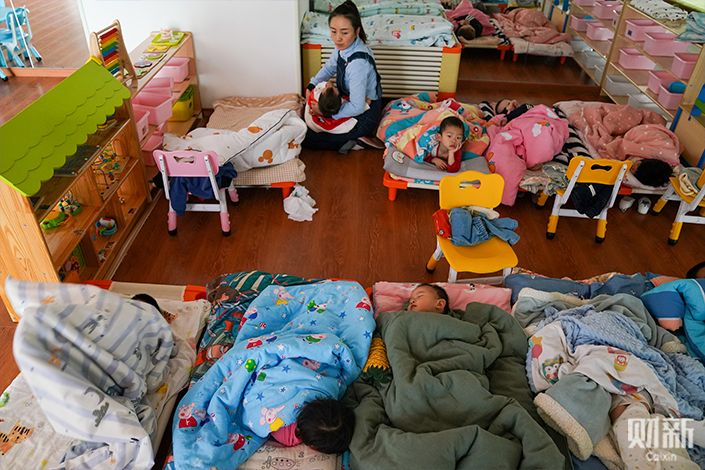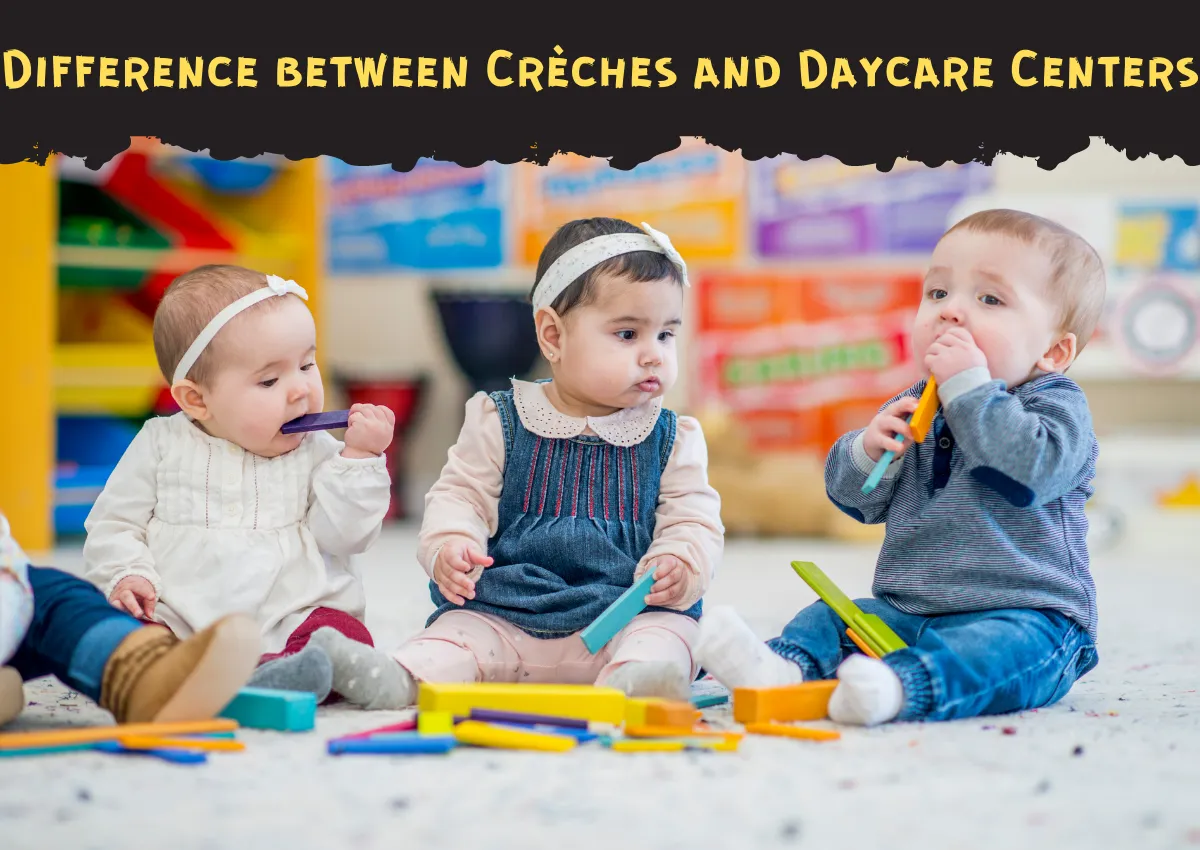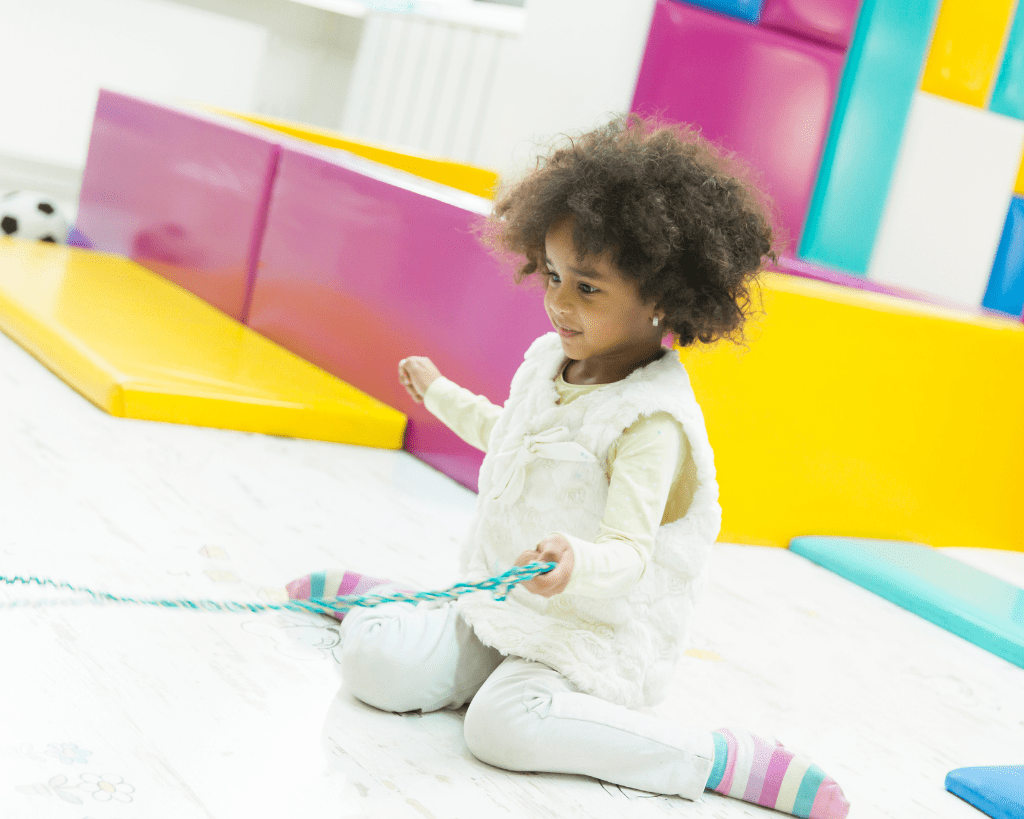Leading Functions to Try To Find in Toddler Daycare Near Me: Making Certain Top Quality and Enjoyable
Leading Functions to Try To Find in Toddler Daycare Near Me: Making Certain Top Quality and Enjoyable
Blog Article
Comprehending the Value of Daycare for Your Young child's Social Development and Knowing Knowledge Via Involving Tasks
The value of daycare in shaping a toddler's social advancement and learning can not be overstated, as it provides an organized atmosphere filled with appealing activities that are critical for early development. As we discover the diverse benefits of childcare, one should consider just how these fundamental experiences affect a child's future social communications and overall advancement.

Benefits of Social Communication
Social interaction plays an important role in the developmental trajectory of toddlers, working as a foundation for essential social skills. Engaging with peers allows young children to exercise communication, find out to share their emotions, and create empathy. Via shared play and collaboration, they begin to understand social norms, such as taking turns and sharing, which are important parts of effective social relationships.
In addition, social interactions contribute to cognitive growth. As kids interact with their peers, they boost their language abilities, increase their vocabulary, and improve their capacity to articulate thoughts and feelings. This exchange of ideas fosters essential reasoning, as kids learn to bargain, solve troubles, and browse conflicts.
Additionally, social interaction advertises psychological regulation. Direct exposure to different social circumstances helps toddlers acknowledge and manage their emotions, ultimately resulting in greater resilience and flexibility. The ability to form add-ons and friendships additionally enhances their sense of belonging and self-worth, which are critical for overall wellness.
Significance of Engaging Tasks
Involving activities are vital for fostering a stimulating environment that improves young children' social growth. These activities not only mesmerize young kids's focus but likewise promote energetic involvement, permitting them to discover their surroundings artistically. Through play-based discovering, young children create vital abilities such as analytical, teamwork, and compassion, every one of which are important for developing healthy and balanced partnerships with peers.
Taking part in interesting activities, such as team video games, art projects, and interactive narration, encourages toddlers to share their sensations and concepts. This expression is essential for psychological intelligence and assists them comprehend the viewpoints of others. When kids engage in these tasks with each other, they discover to discuss duties, share sources, and work together, which are fundamental facets of social communication.
Additionally, a well-structured environment that includes stimulating and diverse activities helps in maintaining young children inspired and focused. This motivation cultivates a love for learning and exploration, laying the structure for future educational experiences. Ultimately, involving tasks in day care setups are crucial fit social abilities, preparing young children for effective communications beyond the class, and nurturing their overall advancement throughout these formative years.
Developing Interaction Skills
Effective interaction skills are vital for young children as they navigate their very early social interactions. In a daycare setup, children are exposed to varied social circumstances that urge spoken and non-verbal interaction. Involving in conversations with peers and caretakers fosters language development, allowing young children to express their requirements, thoughts, and emotions better.

In addition, day care environments give opportunities for kids to resemble and observe communication designs of their grownups and peers. This empirical understanding is essential as children notice social cues, tone, and body language, which are vital elements of reliable interaction.
Promoting Self-reliance and Confidence
As toddlers fine-tune their communication abilities, they all at once begin to explore their self-reliance and build self-confidence in social settings (daycare near me for infants). Day care supplies an organized atmosphere where youngsters can take part in various activities that urge freedom. From choosing their own tasks to joining team tasks, these experiences equip kids to make decisions and share themselves
In a daycare setting, kids are usually provided with chances to fix issues independently, whether it's determining exactly how to share toys or solving problems with peers. This promotes critical thinking and advertises self-direction. In addition, caretakers sustain this development by offering positive support daycare near me for infants and assistance, helping youngsters to navigate social interactions with self-confidence.

Group activities, such as cooperative games or collaborative art tasks, help with synergy and educate young children the significance of collaborating. Through these interactions, youngsters find out to connect their ideas and sensations, even more boosting their self-worth and social skills.
Inevitably, cultivating independence and confidence in daycare not only prepares toddlers for future social environments however also prepares for a durable attitude, outfitting them with essential life abilities as they proceed to discover and expand.
Building Lifelong Learning Foundations
A strong foundation for long-lasting discovering is vital for young children, as their very early experiences form their perspectives in the direction of education and learning and inquisitiveness. Daycare environments play a pivotal role in this developing phase by giving structured chances for exploration and engagement. Involving activities, such as group play, arts and crafts, and interactive storytelling, stimulate cognitive advancement while encouraging social interaction.
With these experiences, kids find out essential skills such as problem-solving, communication, and collaboration. They are presented to the idea of discovering as a delightful, collective process as opposed to a task, which fosters a favorable mindset towards education. Direct exposure to varied perspectives and peer communications in day care settings boosts psychological intelligence, advertising empathy and resilience.
Caregivers and instructors likewise add substantially to developing this foundation by modeling interest and enthusiasm for understanding. By motivating questions and promoting conversations, they create a setting where kids really feel risk-free to express themselves and check out new concepts. Ultimately, the mix of supportive partnerships and engaging tasks in daycare settings lays the foundation for a lifelong love of understanding, furnishing toddlers with the skills and frame of mind essential for future academic and personal success.
Conclusion

The importance of daycare in forming a young child's social development and understanding can not be overstated, as it offers an organized atmosphere loaded with appealing activities that are essential for early development.Social interaction plays an essential duty in the developmental trajectory of kids, offering as a structure for necessary social skills. When young children engage in these activities with each other, they discover to bargain functions, share sources, and work together, which are basic elements of social communication.
Ultimately, involving tasks in day care setups are critical in forming social skills, preparing kids for successful communications beyond the classroom, and supporting their overall growth throughout these formative years.
Eventually, the advantages of engaging tasks in childcare settings play a considerable duty in preparing young children for future social communications and obstacles. daycare near me for infants.
Report this page